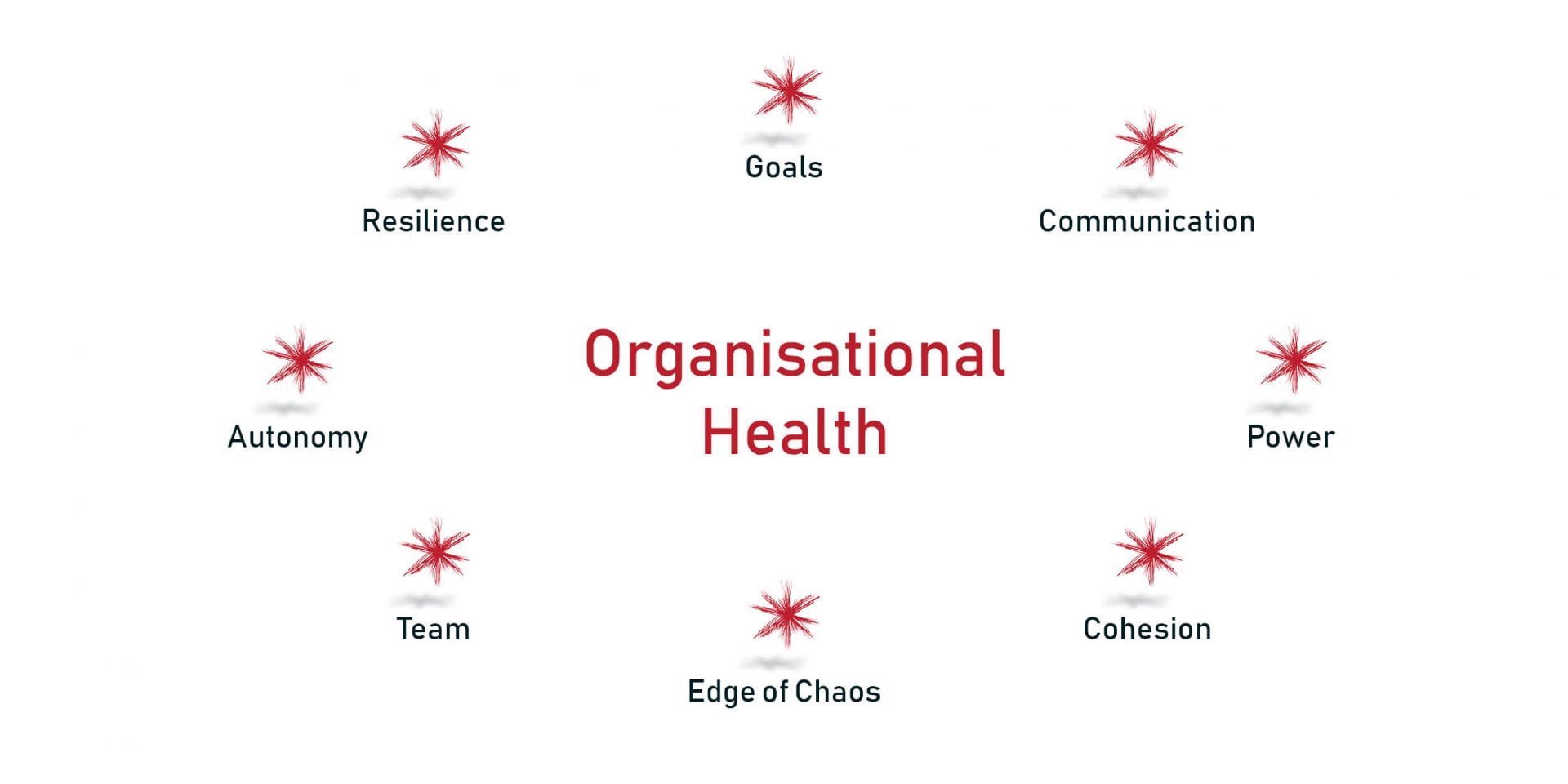How do you tackle challenge and change?
Shonda Rhimes says that the very act of doing the thing that scared her undid her fear, doing it made it not scary for her.
What an interesting concept that is.
A number of years ago (actually many) I was friends with some of the SAS fellas (and it was only fellas back then). Their weekends comprised doing things together that would scare many of us – rigid.
They did all sorts of amazing and challenging stuff while I watched movies or slept. One of the SAS fellas, let’s call him Phil, was a good friend. He asked quietly, over my fourth drink on a Saturday night in a pub in Melbourne, whether my friend and I would like to go to Hanging Rock with him and a couple of mates. Now the movie Picnic at Hanging Rock (the original one – I’m not going to give you the year…you have to do that work) had only been out for 7 or so years. And although I had been to the Hanging Rock after the scary-as-hell movie release it still made me squirm a bit. Now, remember I was on my fourth drink.
“Yeah sure…are we just doing the picnicking thing?” I enquired.
Phil was pretty straight up sort of a bloke, “Nah, we are going to do some abseiling down the longest straight drop.”
In my head, I instantly thought of some of the surfie chicks I had watched during my summer holidays. They had been sitting on the cliffs watching their boyfriends having all the fun (not that any of them were my boyfriend). But before I could raise this issue Phil added, “Have you and Jenny ever done that before? We could teach you, we are all pretty experienced and have all our certificates”.
Well, the short story is we did. And we did including running face forward down the longest drop. It was so cool I don’t think I came down from the high for days!
Had it been the cheap wine (I was a uni student at the time) that had given me the courage? Or was it the confidence I had in my friend Phil?
Was it the public status he and his gang of friends had? Or was I just at that age that yes came easier?
Do I consider that, actually, was I ridiculously risky in my behaviour?
Some would say yes to that question, I do come from a family of varying risk profiles.
What happens when we take on a challenge
What happens when we take on a challenge? And how should we frame those challenges so that they don’t scare us away.?
What is the link between challenge and leadership and change?
Let’s consider those concepts bit by bit.
What happens inside when we take on challenges and succeed?
There are two general responses when we see a challenge ahead or know that we need to take a risk. This is my experience of observing hundreds of clients approach the challenges we provide for them.
These responses are:
- Jump in feet first or
- Yeah-Nah.
Now neither of these are the “correct” response they are just different. And of course ,there is plenty of greyness in between the two responses.
Some questions to consider
What do you know about your responses to challenges?
And to date, how have you have engaged with the challenges in your life?
What do you know about yourself now that you have had a look back?
What happens in your brain
Delving further into this first question there is a link between the grey matter we have in our brains and our responses to challenges. And there is also a link to dopamine.
But our responses happen in our brain…so what happens in your brain?
What have you learned about taking on challenges and succeeding or being unable to complete them?
When we are involved in a leadership role understanding how we respond to challenges is important. And, let’s face it, we know many people in leadership roles who resist challenges and risk.
Is that a problem? I don’t think so as long as they are aware of their responses.
Going back to the abseiling. What did I learn about challenges and me?
Here they are. I
- was doing this activity with people I trusted so I would be OK
- had confidence in my body and my strength
- knew that I would be stretched, but I also knew I had a thoughtful brain that would help me out in a pickle
- am competitive and so I wasn’t going to be the one not participating (not particularly helpful but definitely an interesting driver)
- am courageous but I don’t like embarrassing myself…interesting combination when you think through challenges.
Challenges and change
Now onto challenges and change. Can you see the link?
There is no doubt in my mind that challenges require us to change what we are thinking or doing. Otherwise there would be no change happening around us.
Perhaps that is a bit simplistic. But they are connected.
When considering leadership we choose to step into our leadership space when we see that change needs to happen and that can be challenging.
Finally, I would encourage you to have a read of some of the links we have gathered for you about risk and challenge.
And please be encouraged to take on the challenge when you are working with us this year. You will see the benefit and you will be supported by the teams we will build around you.
"To lead an authentic life, we need to take on new challenges that stretch us and give us more opportunities to be ourselves." - Stephen Joseph



















